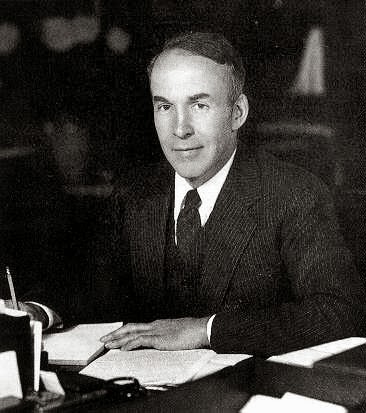Be prepared. A dog is adorable and noble.
A dog is a true and loving friend. A dog
is also a hedonist.
Mary Oliver
from The Wicked Smile
Once again, Mary Oliver has nailed the truth to my front door, reminding me that Derry, my Zen master, is an unrepentant hedonist. Could it be that hedonism, at least in judicious amounts, is part of being wise? Whatever the case, the evidence is in, and it demonstrates beyond a scintilla of doubt that the Zen master has been an ardent and relentless pleasure seeker since becoming my partner and constant companion more than eight years ago.
It began as a portrait in innocence,
as it always does with young puppies.
Within twenty-four hours, however,
some remnant of her reptilian brain
had created a passion for disemboweling
stuffed animals and other objects too numerous to mention.
After destroying most of the stuffed animals,
three pairs of prescription glasses, two remote controls for the electronics,
and various items of clothing, she suddenly became amorous,
displaying style and technique that, to be candid, was quite impressive.
three pairs of prescription glasses, two remote controls for the electronics,
and various items of clothing, she suddenly became amorous,
displaying style and technique that, to be candid, was quite impressive.
Soon thereafter, she discovered that a look like this
could manipulate me into satisfying any of her hedonistic appetites.
Dog owners, including Mary Oliver, know exactly what I'm talking about . . .
so let me return to Ms. Oliver's sensitive observations for the remainder of this post
(all quotes from poems in her recent collection, Dog Songs).
A puppy is a puppy is a puppy.
He's probably in a basket with a bunch
of other puppies.
Then he's a little older and he's nothing
but a bundle of longing.
He doesn't even understand it.
A dog comes to you and lives with you in your own house,
but you
do not therefore own her, as you do not own the rain, or the
trees, of the laws which pertain to them.
Running here running there, excited,
hardly able to stop, he leaps, he spins
until the white snow is written upon
in large, exuberant letters,
a long sentence, expressing
the pleasures of the body in this world.
from The Storm (Bear)
Emerson, I am trying to live,
as you said we must, the examined life.
But there are days I wish
there was less in my head to examine,
not to speak of the busy heart. How
would it be to be Percy, I wonder, not
thinking, not weighing anything, just jumping forward.
from Percy, Waiting for Ricky
A dog can never tell you what she knows from the
smells of the world, but you know, watching her,
that you know
almost nothing.
from Her Grave
We're, as the saying goes, all over the place.
Steadfastness, it seems,
is more about dogs than about us.
One of the reasons we love them so much.
from How It Is With Us,
And How It Is With Them
Credit: All quotations in this post are from Mary Oliver's new collection, Dog Songs (The Penguin Press, New York, 2013).


















.jpg)